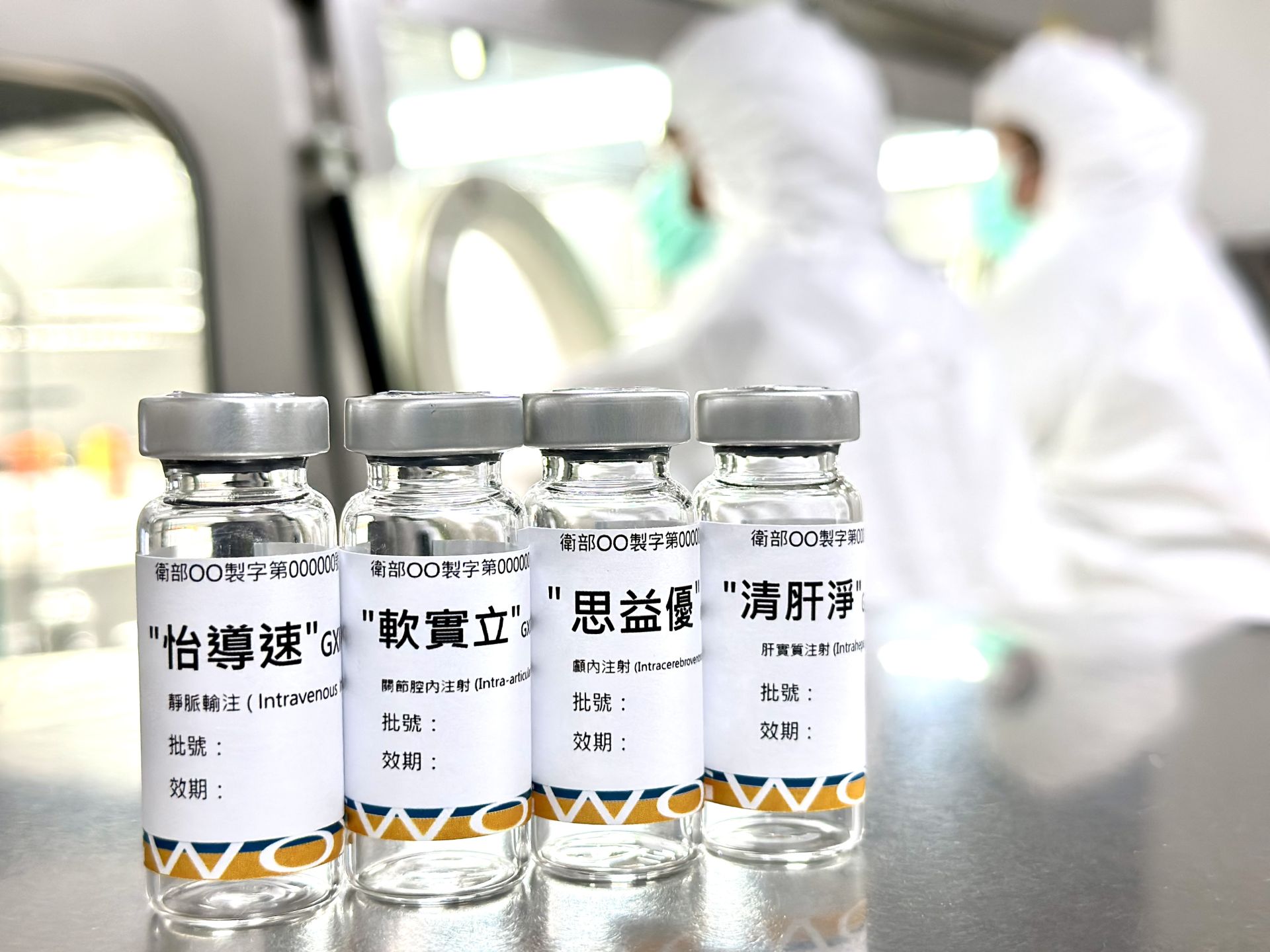
Stroke is a neurological disease recognized globally as life-threatening and a cause of severe disability. According to the Ministry of Health and Welfare's statistics from last year, cerebrovascular diseases ranked as the fourth leading cause of death in Taiwan, claiming a total of 12,000 lives. Citing statistics from the World Stroke Organization (WSO), GWOXI Stem Cell pointed out that, on average, a new stroke patient emerges every 3 seconds worldwide, with approximately 1.22 billion new patients each year. Two-thirds of these patients will survive, but stroke survivors are often left with severe disabling sequelae, including motor, sensory, and cognitive function impairments. These impairments not only impact a patient's daily life and quality of life but also prevent them from working. The long-term care required after severe disability not only takes a heavy toll on the patient's physical and mental well-being but also places a significant financial and caregiving burden on families.
GWOXI further stated that because of their regenerative and reparative abilities, stem cells are seen as a new hope for treatment. GWOXI has developed a new stem cell drug for chronic stroke (Si Yi You GXNPC1), and according to data from its Phase II clinical trial, patients in the high-dose group saw a significant improvement. As early as the second week, their neurological function indicator (NIHSS) score improved by an average of 1.2 points, and this continued to improve until the 24th week, reaching an average improvement of 2.7 points. Currently, the final report for Si Yi You GXNPC1 has received the MOHW's letter of consent for review, and the company is proceeding with its Phase III human clinical trial application.
Meanwhile, on June 19, 2024, the government announced the "Regenerative Medicine Products Management Act," one of the two dual regenerative medicine laws.
Article 9 of the Act states: "For the diagnosis and treatment of life-threatening or severely disabling diseases, upon completion of Phase II clinical trials and a risk-benefit assessment that demonstrates safety and preliminary efficacy, permission may be granted with additional conditions for a valid period not exceeding five years, which may not be extended upon expiration."
This article references the medical policies of developed countries, with the hope that under a risk-benefit evaluation, regenerative medicine products with demonstrated safety and preliminary efficacy can help patients with urgent needs at an earlier stage under government supervision, bringing a glimmer of hope to them and their families.
